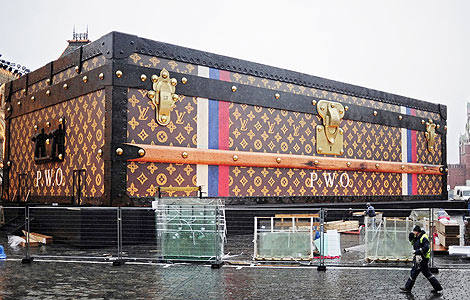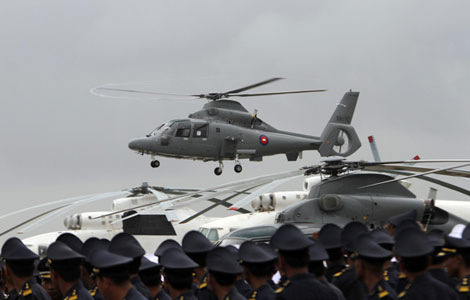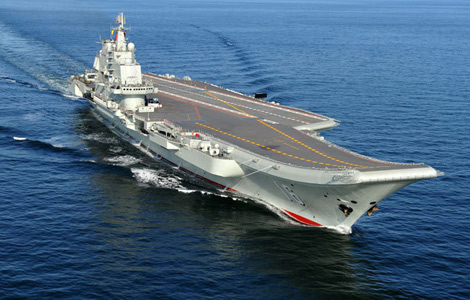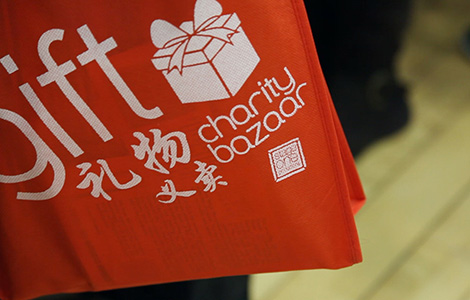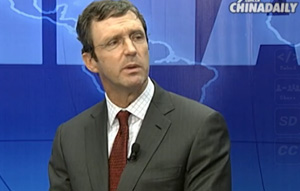Deal reached in Iranian nuclear talks
Updated: 2013-11-25 02:21
By Zhao Yanrong, Mo Jingxi and Wu Jiao (China Daily)
|
||||||||
According to Wu, more specific issues include the definition of Iran's peaceful use of nuclear energy, how to keep Iran's nuclear programs transparent in order to have the international community accept Iran's nuclear rights, and how to normalize the country's relations with the US, Israel and others in the region.
Li Shaoxian, a researcher of Middle East studies at China Institutes of Contemporary Relations, said the way the US dealt with the Syrian chemical weapon issue and the Iranian nuclear negotiations, show it is adjusting its strategies in the Middle East to deal with those regional issues through diplomatic measures and avoid military action.
"The geopolitical changes, caused by the possible improvement of US-Iran relations, will have an impact on relations between the US and Israel, Jordan, Saudi Arabia, Egypt and the United Arab Emirates," he said.
In a nationally broadcast speech, Rouhani said the accord recognizes Iran's "nuclear rights", even if that precise language was kept from the final document because of Western resistance, AP reported.
US President Barack Obama hailed the deal as "an important first step toward a comprehensive solution" to Iran's nuclear program, according to a statement from the White House.
But the deal will not change the fundamental conflicts between the US and Iran, according to Dong Manyuan, deputy director of the China Institute of International Studies.
"The deal can only meet temporary requirements from the US and Iran, since the US wants to maintain the stability of the Middle East to secure its national interest in the region, and Iran wants to improve its economic development without sanctions," Dong said.
But the two countries' geopolitical goals compete with each other, as Iran wants to be the leader of Islamic countries and the US wants to have dominant influence in the Middle East.
"The US will not totally cancel the sanctions on Iran, especially the financial sanctions, and the latest agreement will not change the fact that US and Israel take Iran as a threat," Dong said.
Since China has been effectively communicating with all parties in all talks, China's role in the Middle East will be enhanced, Dong said.
The relief of sanctions on Iran is good for China to develop more economic cooperation with the country as well as the region, Li said.
"The sanctions on Iran largely limited Iran's oil exports to China in the past, and the possibility of Iran going to a regional war in the Middle East also prevents China from more economic cooperation in the region," Li said.
The deal is a good example for handling other international affairs in the future, such as the nuclear issue in the Democratic People's Republic Korea, Wu said.
"The UN Security Council are working as an important mechanism in reaching the deal, and the political negotiation secured a peaceful way in dealing with the controversial issue. We should borrow those methods to handle other affairs," he said.
Reuters and Xinhua contributed to this story.
Most Viewed
Editor's Picks

|

|

|

|

|

|
Today's Top News
Air zone said not to affect routine flights
EU demands protection against US surveillance
China, Romania call ties 'exemplary'
First Web anti-monopoly lawsuit begins trial
Qualcomm in anti-monopoly probe
US troops pullout in Afghanistan
Li looks to closer relations
Nine detained over pipeline blast
US Weekly

|

|

